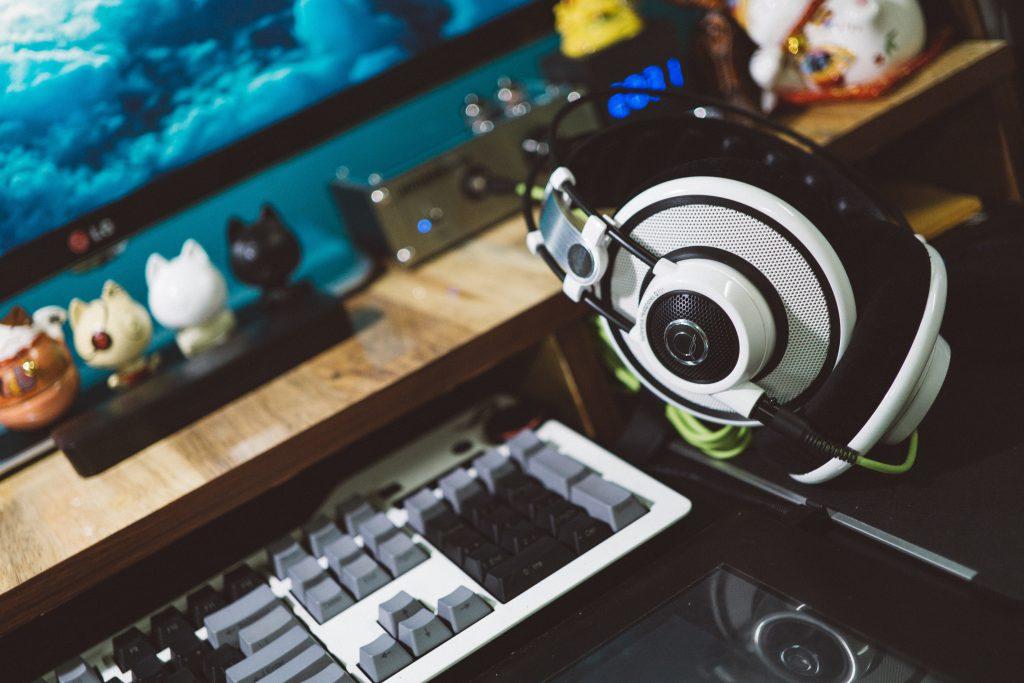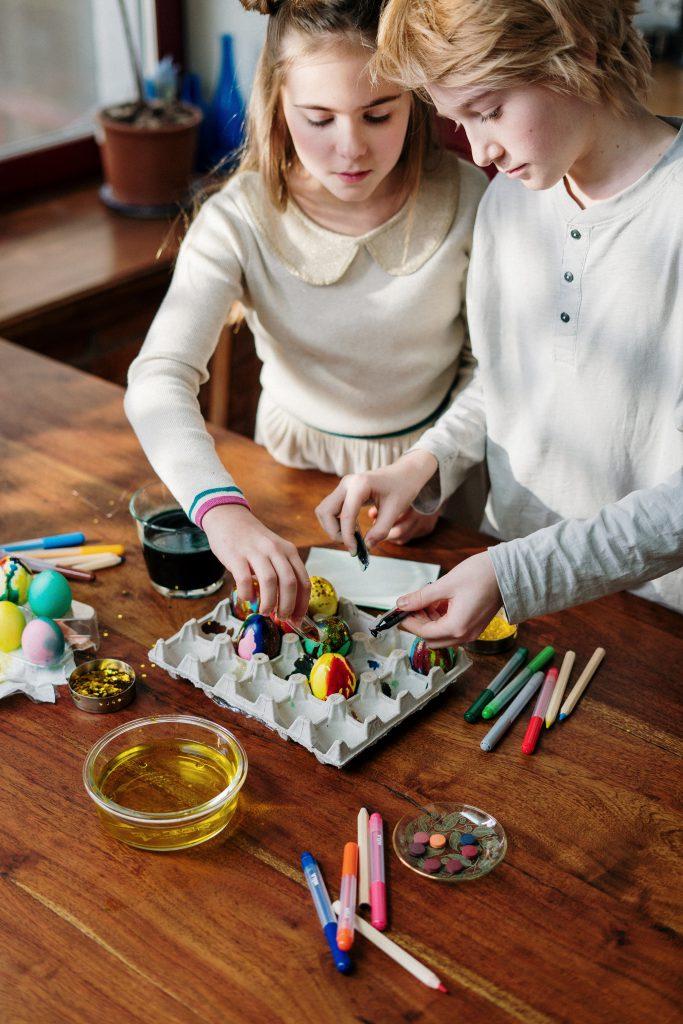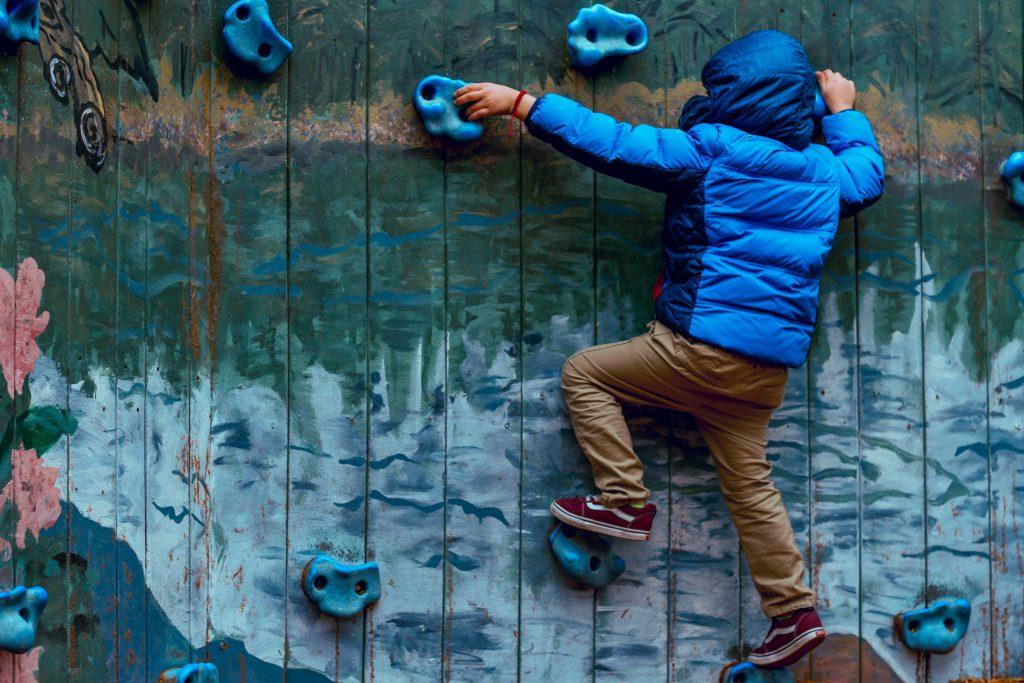It’s never easy keeping children entertained in one place for a sustained period of time, particularly when you want to minimise screen time and find ways to stimulate their minds that doesn’t simply involve a TV, a computer, a phone or a tablet. But there are plenty of activities, games, educational aids and parenting techniques that can help you fill the time in a way that’s both fun and rewarding.
Here are ten simple solutions for all ages that will keep the kids occupied – and keep the peace – as well as developing individual skills, imagination and learning.
Let them game with a conscience
First the good news: not all computer games are intrinsically bad. A whole genre of “social impact gaming” has emerged which is aimed at benefitting emotional and mental well-being. These, such as the real-time, free-to-play island life sim Paraiso Island from One Earth Rising, promote positive end goals and story arcs – such as the preservation of life, nature or fuel rather than mindless destruction or monetary reward.

Unlock their artistic side
Children’s natural tendency to draw is a key factor in their development: helping them to visualise and problem-solve through observation, and providing them with skills that will give a lifetime of pleasure. YouTube has dedicated channels devoted to drawing tutorials – often presented by their peers, making technicalities from shading to perspective feel a lot less daunting. For old school, gentle charm, the Vice TV channel now airs daily episodes of Bob Ross’ legendary The Joy of Painting.
Pick up an instrument
Mastering how to play a musical instrument – and even to compose tunes – is not only a hugely rewarding and pleasurable hobby, but also helps to stimulate the mathematical side of the brain, aiding everything from pattern recognition to the improvisational impulse. There are plenty of self-help books and online resources for children away from formal schooling – and concierge can also help you to source a relevant, accredited tutor.

Keep them learning online
Regardless of your location, Lionheart Education provides advanced academic assistance to students through its online tutoring programme. Founded in 1989, this esteemed tutoring service has been the UK’s leading provider of educational consultancy, private tuition and bespoke schooling to the world’s most prominent families, pairing experienced tutors with students in an interactive classroom complete with whiteboard, video and voice links, offering expert one-to-one education remotely.
Fizz, crackle and pop: play mad scientist
For budding physicists and chemists, the home is full of ingredients ripe for household experiments. Raid the kitchen and bathroom for the key elements for making everything from indoor volcanoes to slime. For the former, all you need is soap, white vinegar, baking soda, food colouring and water; for the latter, simply mix together baking soda, contact lens solution, food dye, glue and water – plus any glitter, beads, sparkles or sequins you have to hand.
Build a madcap story
Most schoolchildren will have at some point played a version of the game Consequences. One person writes an opening line on a piece of paper, folding it over to reveal only the final word of the sentence on a new line. The next person then continues the story in a similar fashion, folding the paper in turn. It can be played by any number of people, and the results – whether genius or nonsensical – are always hilarious.

Challenge their genius
The aim of this puzzle game is to fill in a grid-like board using the Tetris-style shaped wooden blocks, with blank squares determined randomly by rolling a set of dice. There are over 62,000 possible combinations, each one with at least one solution (and often several more). Simple, ingenious, frustrating and addictive, the game aids spatial awareness, visual perception, strategic planning and sequencing.
Step into the future and learn to code
For developing sequencing skills even further, Botley The Coding Robot is designed to teach children aged 5-10 the basics of computer coding in a fun, engaging way. Children are taught to create an initial path of up to 80 steps using a remote control for the toy robot, which then learns and develops with its user. Easy to use and 100% screen-free, it helps in the development of critical thinking and basic computer science.
Get hands-on and build a 3D model
From simple origami animals to more complex designs, you can create 3D models using anything from a single sheet of paper to cereal packets and cardboard boxes. Templates for folding and/or cutting your 2D surface can easily be found online, either to be printed out or – for bolder architects – as a basis for improvisation. Life-size robots, cars, skyscrapers, wearable armour and more can be fashioned from the cardboard in your recycling bin.

Get outdoors and get physical
Maintaining physical health through exercise is of course hugely important, and can help in mental wellbeing too – not to mention using up all that energy to give the parents some much-needed peace and quiet. If there is an opportunity to use outdoor space – be it a park, garden or local woodland – nothing beats fresh air and exploring nature. But even if you’re stuck indoors, get the kids involved by following yoga and keep fit routines online, on DVD or streamed on TV.


